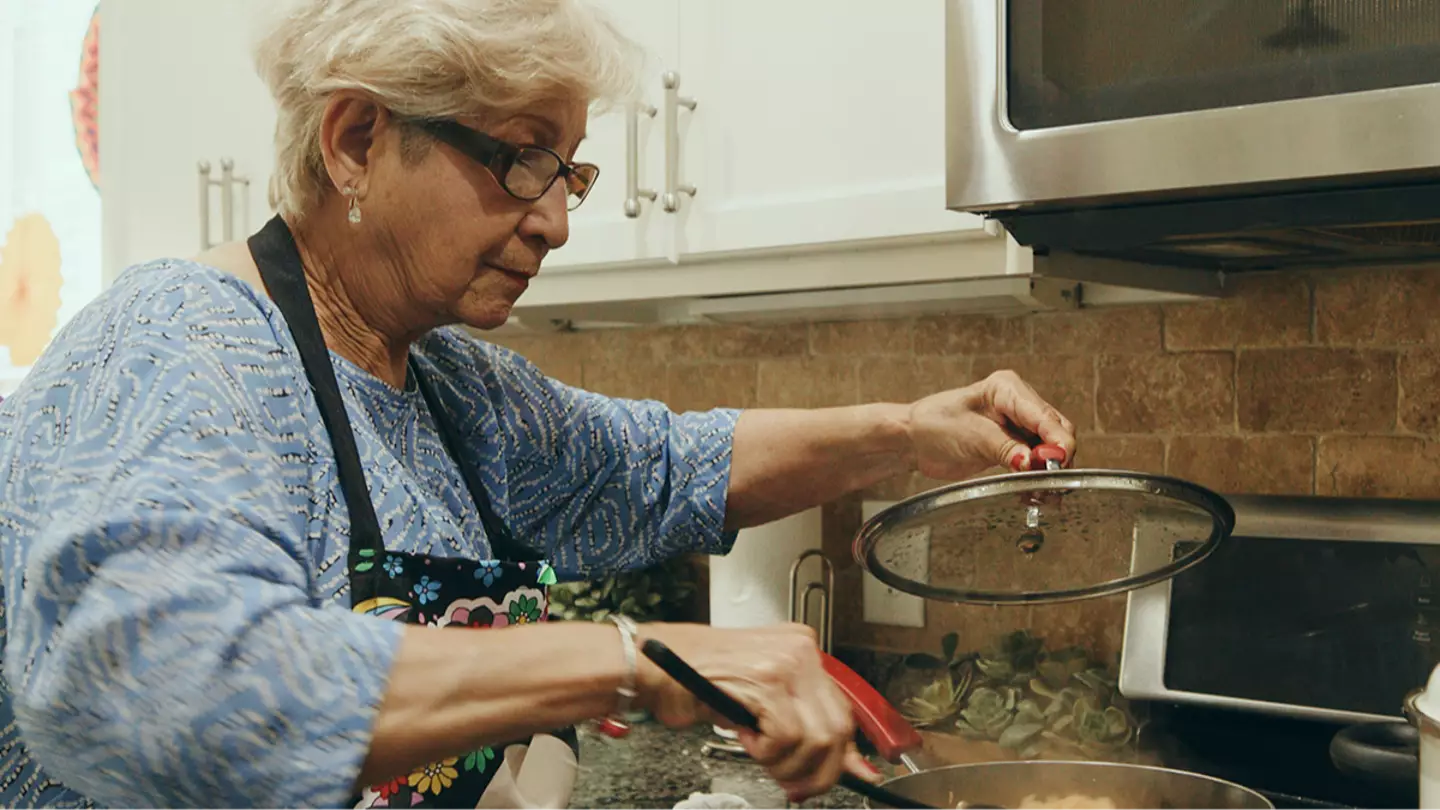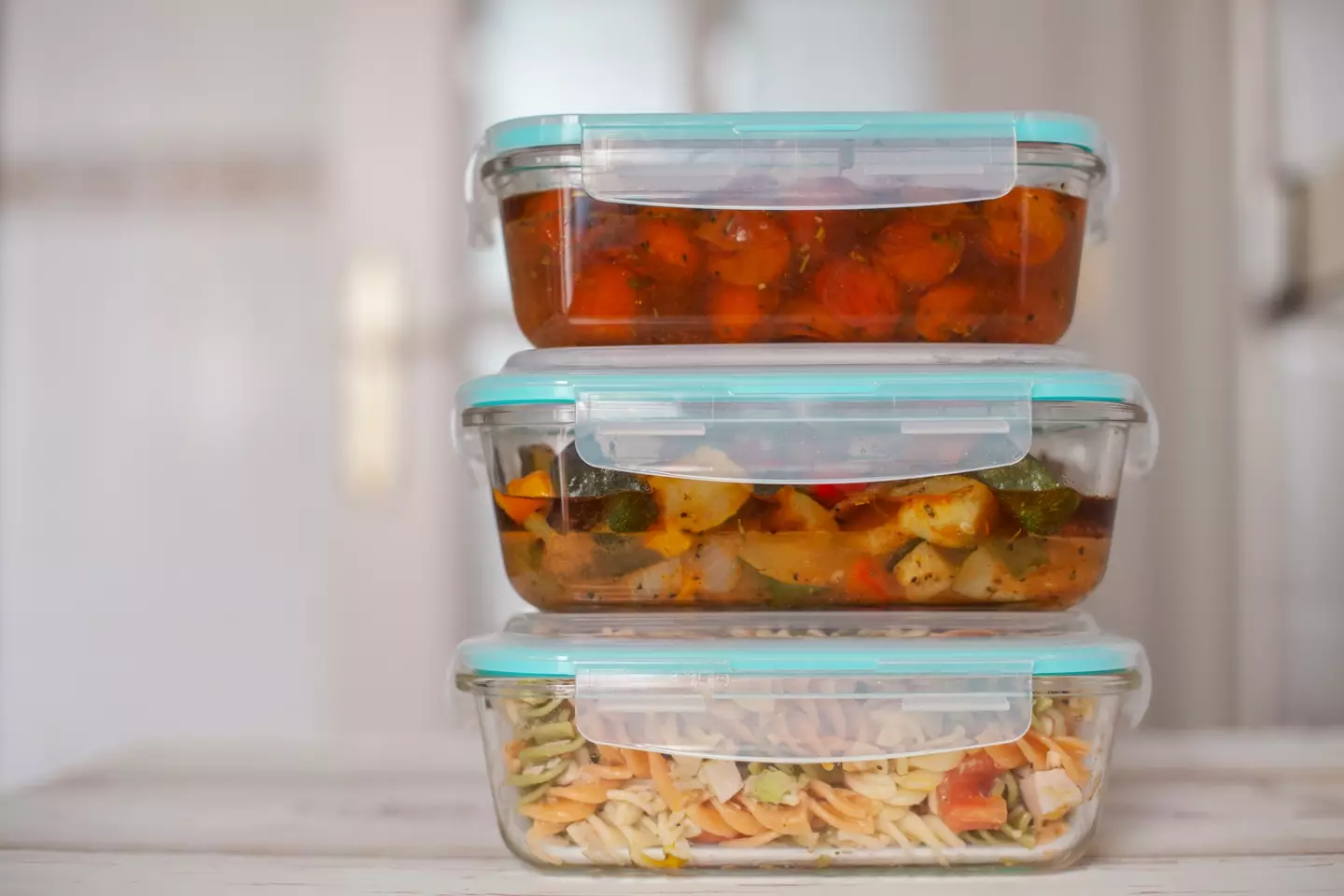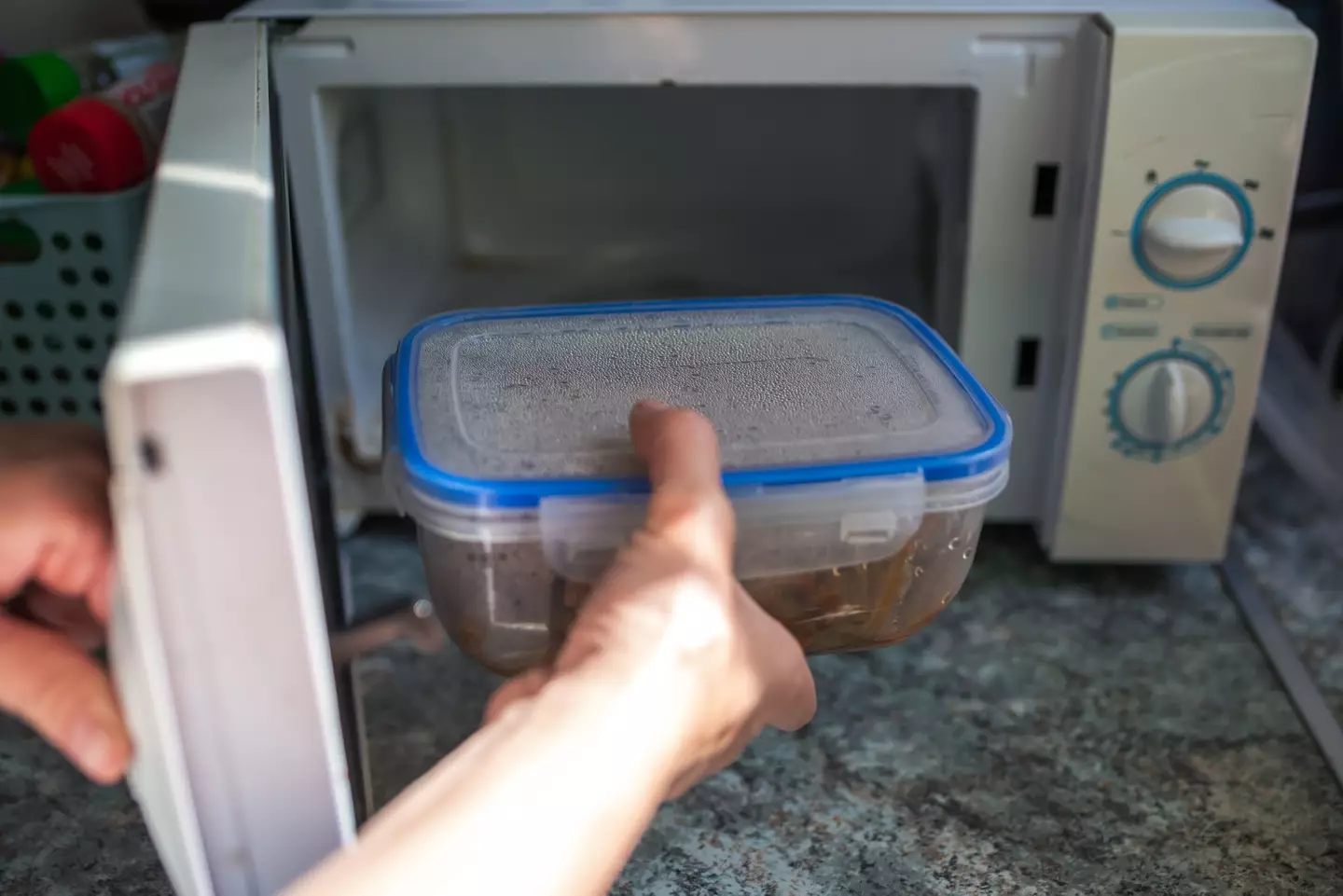
Doctors have warned against doing this simple task that many people often do ahead of eating their food.
There are some things people are doing that isn’t exactly great for their health, according to experts.
And we are not talking about what you are eating, (although that is something to always be mindful of for your health), but rather how it is being prepared, or re-prepared should we say.
A new study has found a simple activity in the kitchen could be contributing to the amount of microplastics in a person’s body.
Advert
More specifically, how many microplastics are accumulating in the human brain.

The study found that tablespoon worth of microplastics and nanoplastics (MNPs) were discovered in the brain and levels were three to five times higher in people diagnosed with dementia.
Doctors have also warned that using plastic containers in microwaves to reheat food could be increasing people’s exposure to microplastics, ultimately increasing their risk of dementia.
Dr Nicholas Fabiano, from the University of Ottawa's Department of Psychiatry and lead author of the commentary said: “The dramatic increase in brain microplastic concentrations over just eight years, from 2016 to 2024, is particularly alarming.
Advert
“This rise mirrors the exponential increase we're seeing in environmental microplastic levels.”
Dr Brandon Luu, an Internal Medicine Resident at the University of Toronto, explained people should consider switching away from plastic when warming up their food.
He said: “Heating food in plastic containers—especially in the microwave can release substantial amounts of microplastics and nanoplastics.
“Avoiding plastic food storage and using glass or stainless steel alternatives is a small but meaningful step in limiting exposure.”

Advert
In a separate study from 2023, University of Nebraska researchers found that microwaving plastic containers releases billions of nanoplastics and millions of microplastics per every square centimeter of a plastic container.
BPA, short for bisphenol A and phthalates, are chemicals that are sometimes added to plastics in order to make them more durable as part of the manufacturing process.
Dr Luu has also added that switching from bottled to filtered tap water can also help reduce the amount of microplastics and individual consumes.
He said: “Bottled water alone can expose people to nearly as many microplastic particles annually as all ingested and inhaled sources combined.
Advert
"Switching to tap water could reduce this exposure by almost 90 percent, making it one of the simplest ways to cut down on microplastic intake."
Topics: Health, News, Science, Food and Drink